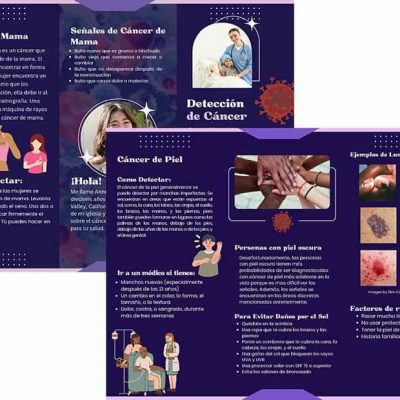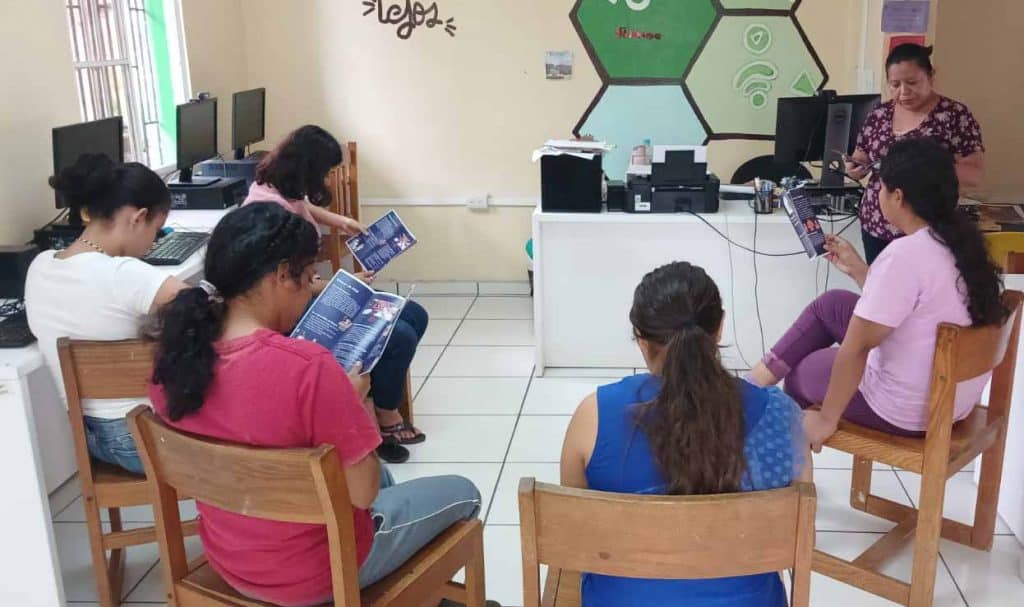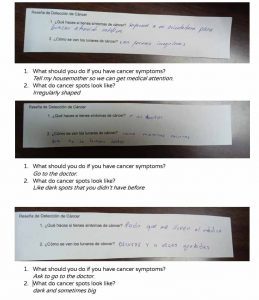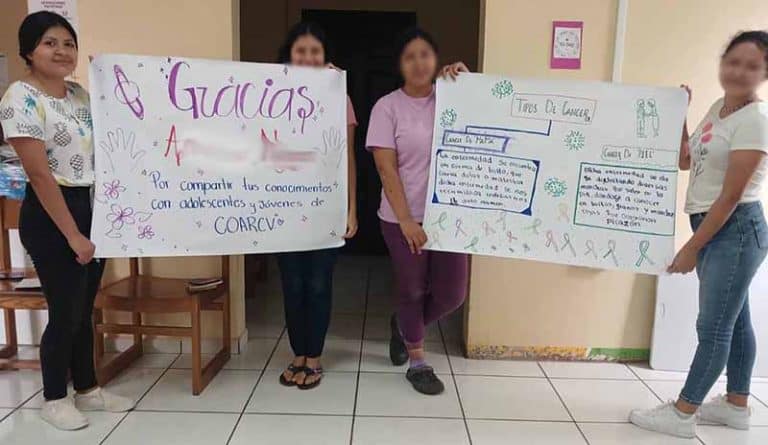Health Care At COAR -- Adapting to Some Special Circumstances

Health care is a priority for COAR, of course. But we have the added challenge that comes with feminine health needs: not to re-traumatize girls who have been traumatized around their sexuality. Our staff helps the girls learn how to do self-exams and to deal with the unavoidably invasive exams of specialists.
In recent months the girls were reminded that they belong to an entire world full of young women with similar struggles and challenges.
“AN” is a young woman who heard a mission appeal at her church last summer. She asked if she could work with COAR towards her Girl Scouts Gold Award. She developed a brochure that was especially sensitive around detection of feminine cancers. Being herself a young woman of color, she also brought our girls special understanding for the detection of skin cancer in women of color.
Below, the COAR girls read AN’s early detection brochure with the guidance of a housemother.


The COAR girls answered a few questions to provide feedback on the effectiveness of the project. We were all happy to see good understanding of the material. It also shows their confidence in health care support at COAR: they feel they can report any suspicious symptoms to their housemother and feel confident they can see a doctor if necessary.

The COAR girls made a poster to thank AN:
Thank you AN for sharing your knowledge with adolescents and young people of COARCV
They made a 2nd poster for themselves emphasizing early detection and action:
Breast Cancer
The disease is found in the form of a lump, which causes pain or discomfort. Doing a breast self-examination is the recommended way to detect this disease.
Skin Cancer
This disease occurs by detecting various spots that appear on the skin. Lumps, growths and red spots that cause itching are some additional ways this disease manifests.
